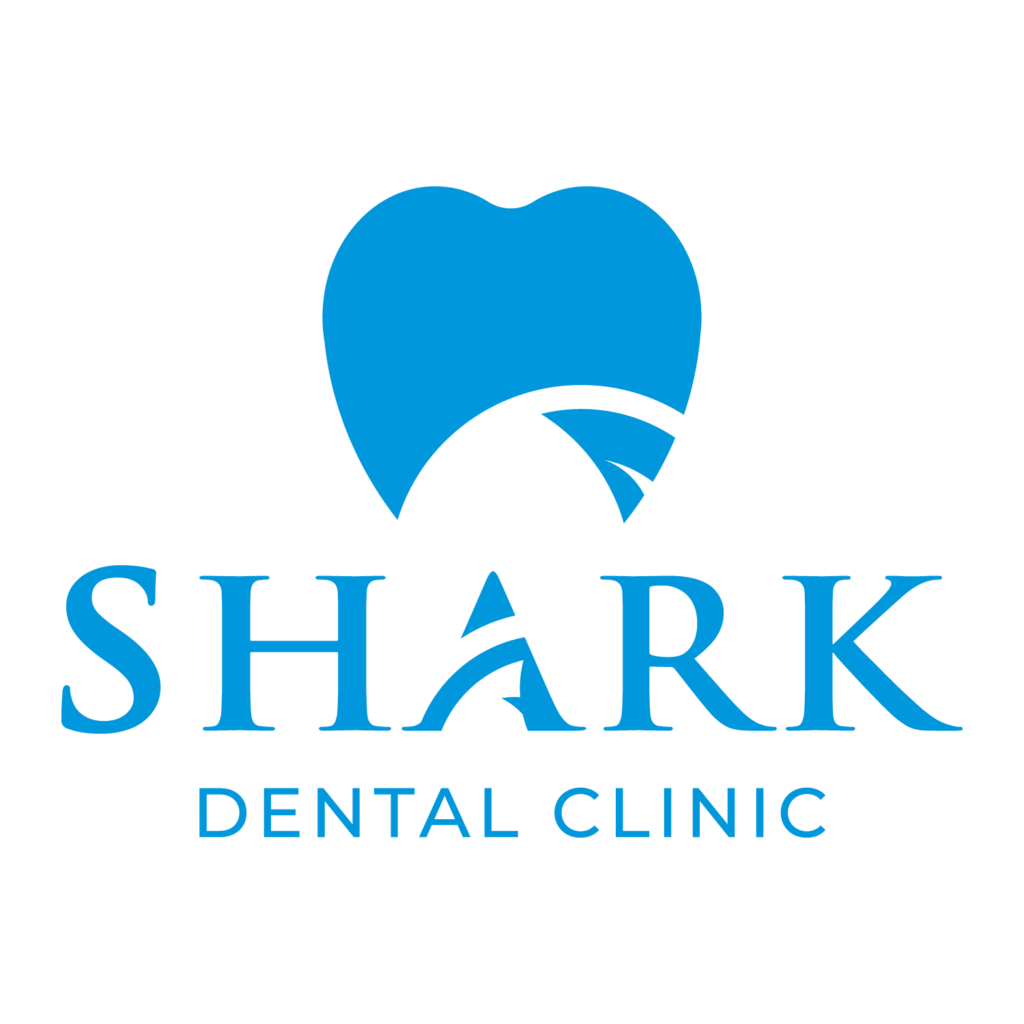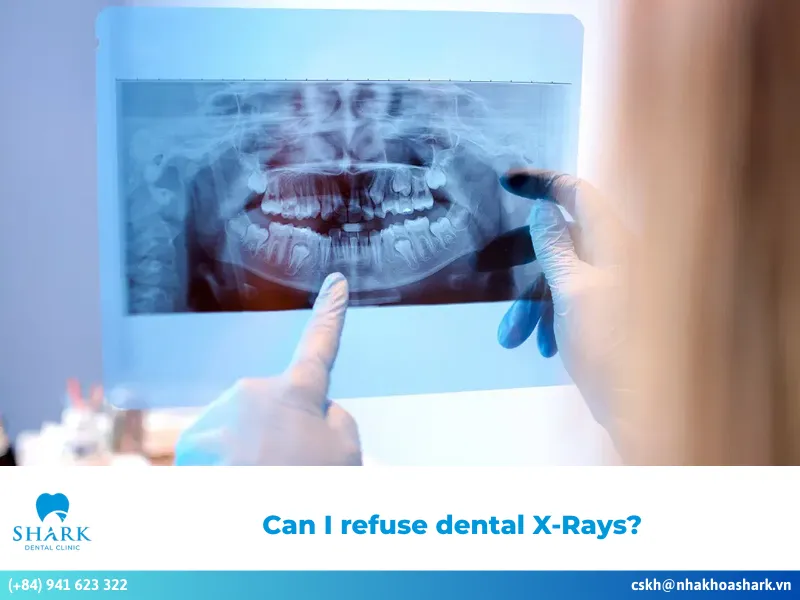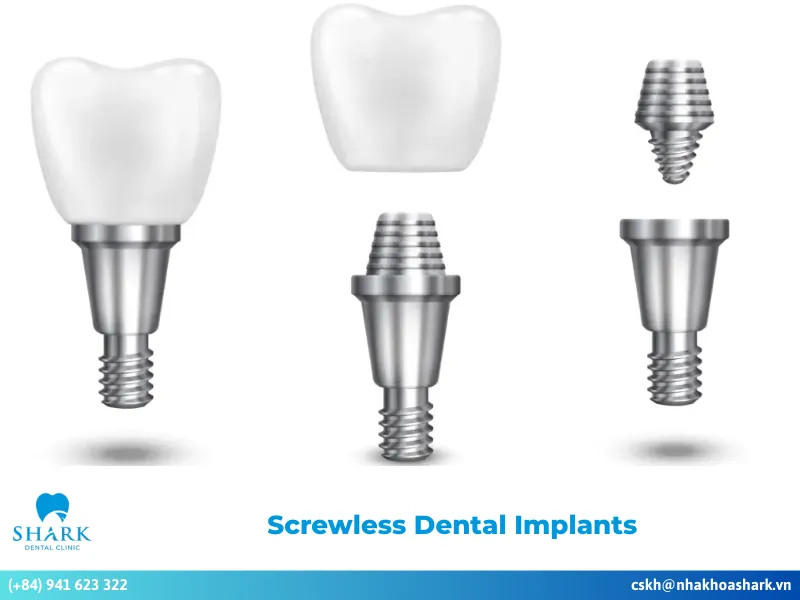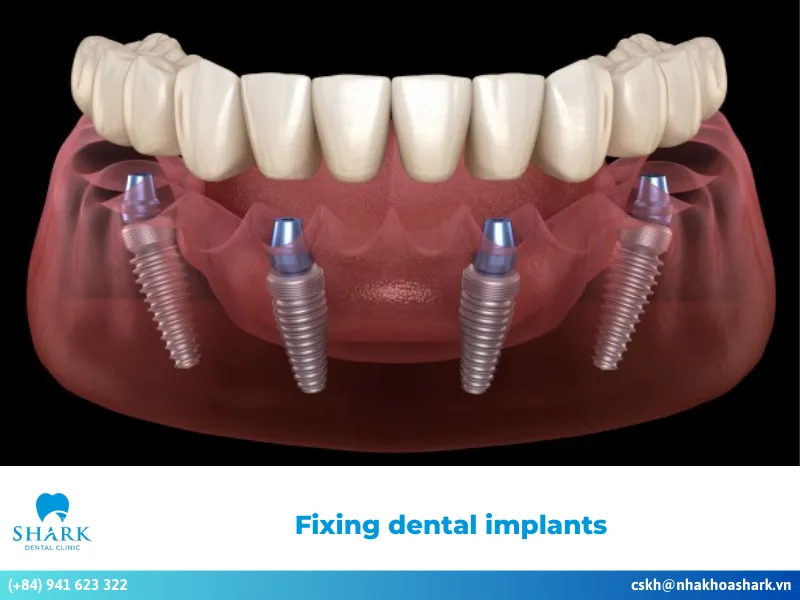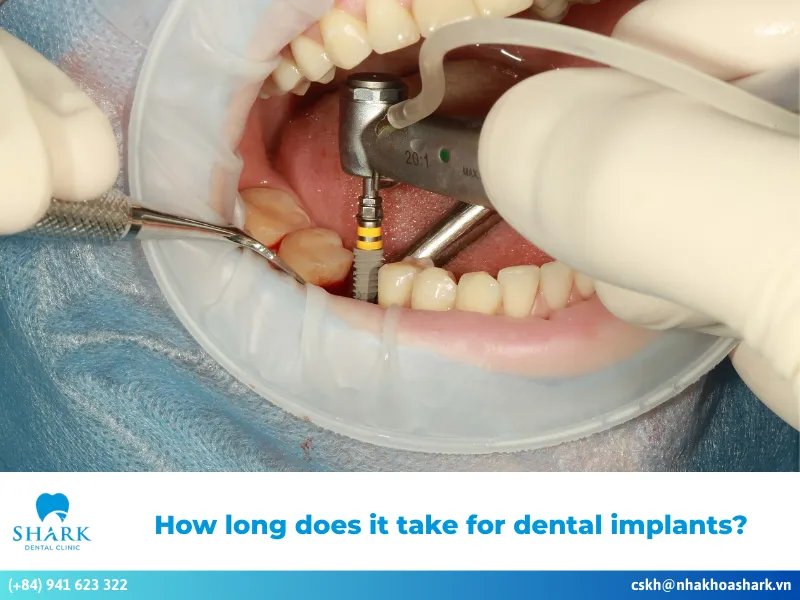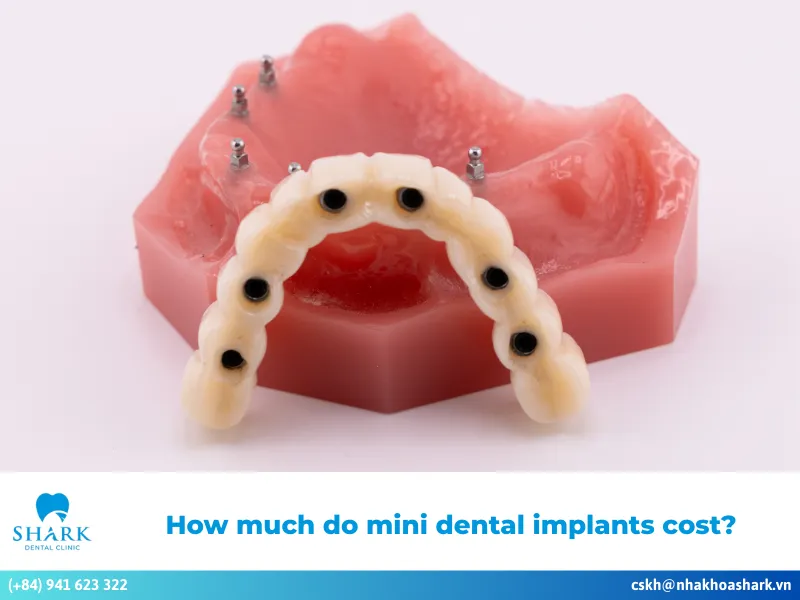Similar to other dental restoration methods, after getting dental implants, you should avoid certain foods to prevent any negative impact on the healing and restoration process. So, can you eat popcorn with dental implants? Follow this article from Shark Dental Clinic to find out the most accurate answer!
Can you eat popcorn with dental implants?
The short answer is no. After getting dental implants, it’s essential to avoid certain foods to protect the healing process and ensure the success of the implants.
- Pressure on the implant post: Popcorn is hard and crunchy, and chewing on unpopped kernels can create significant pressure on the implant site, potentially loosening the implant post.
- Risk of getting stuck between teeth: Popcorn husks often get stuck between your teeth and gums. If not cleaned properly, these remnants can harbor bacteria, increasing the risk of infection and delaying healing.
- Soft tissue injury: Hard fragments of popcorn can poke into the gums and surrounding tissue, leading to pain, swelling, and damage around the newly placed implant.
For these reasons, after receiving dental implants, it’s best to opt for soft, easy-to-chew foods to minimize pressure on the implant site and reduce the risk of complications.

When can i eat popcorn after dental implant?
Many patients ask how long they should wait before enjoying popcorn again. It is generally advisable to wait about 3 to 6 months after the implant placement.
This timeframe allows for the full integration of the implant post with the jawbone and ensures that the surgical site has healed completely. Once this period has passed, you should be able to enjoy buttered popcorn and other crunchy or hard foods without negatively impacting the stability of the implant.
>>> See more: How long after dental implants can i eat normally?
Are there any foods you should avoid long-term?
Understanding which foods to avoid following dental implant surgery is crucial for ensuring faster osseointegration and minimizing potential complications. Here are some important dietary guidelines during the recovery stage:
Spicy and heavily seasoned foods
Limit your intake of spicy, hot, and strongly seasoned dishes, such as hotpot, spicy stir-fries, and chili-based sauces. These foods can irritate sensitive gums, delay the healing process, and even increase the risk of infection.
Hard and crunchy foods
After receiving dental implants, hard and crunchy foods can apply excessive pressure on the implant post, disrupting the healing process. It’s best to avoid candies, walnuts, fried chicken, and similar items while your mouth is still sensitive. Instead, opt for soft foods that are easy to chew and swallow to help protect the implant site and promote recovery.

Acidic foods
In the initial stages following implantation, it’s advisable to steer clear of acidic foods like oranges, lemons, and tomatoes. The acidity in these foods can irritate the soft tissues around the implant site, potentially leading to swelling and pain after dental implant, which prolongs recovery time. Acidic foods can also result in tooth and gum sensitivity, especially near the implant area.
Sugary foods and sweets
While cakes, candies, and soft drinks are popular treats, excessive sugar intake creates an ideal environment for harmful bacteria, which can lead to infection, ongoing pain, and more serious dental issues. Therefore, it is important to limit sugary foods and drinks after dental implantation to maintain optimal oral health.
Alcoholic beverages
To ensure smooth and complication-free integration of the implant, you should avoid consuming alcohol after dental implantation. Alcoholic drinks like wine and beer can constrict blood vessels and reduce blood flow to the tissues, slowing down healing and increasing the risk of bleeding and prolonged infection.

In conclusion, the answer to can you eat popcorn with dental implants has been clearly explained by Shark Dental Clinic. For the best recovery after dental implants, focus on soft, nutrient-rich foods that provide essential vitamins and minerals, while also maintaining good oral care routines. This approach will ensure your implant integrates well, giving you long-lasting results and a confident, healthy smile.
>>> See more: 50 soft foods to eat after dental implant surgery


